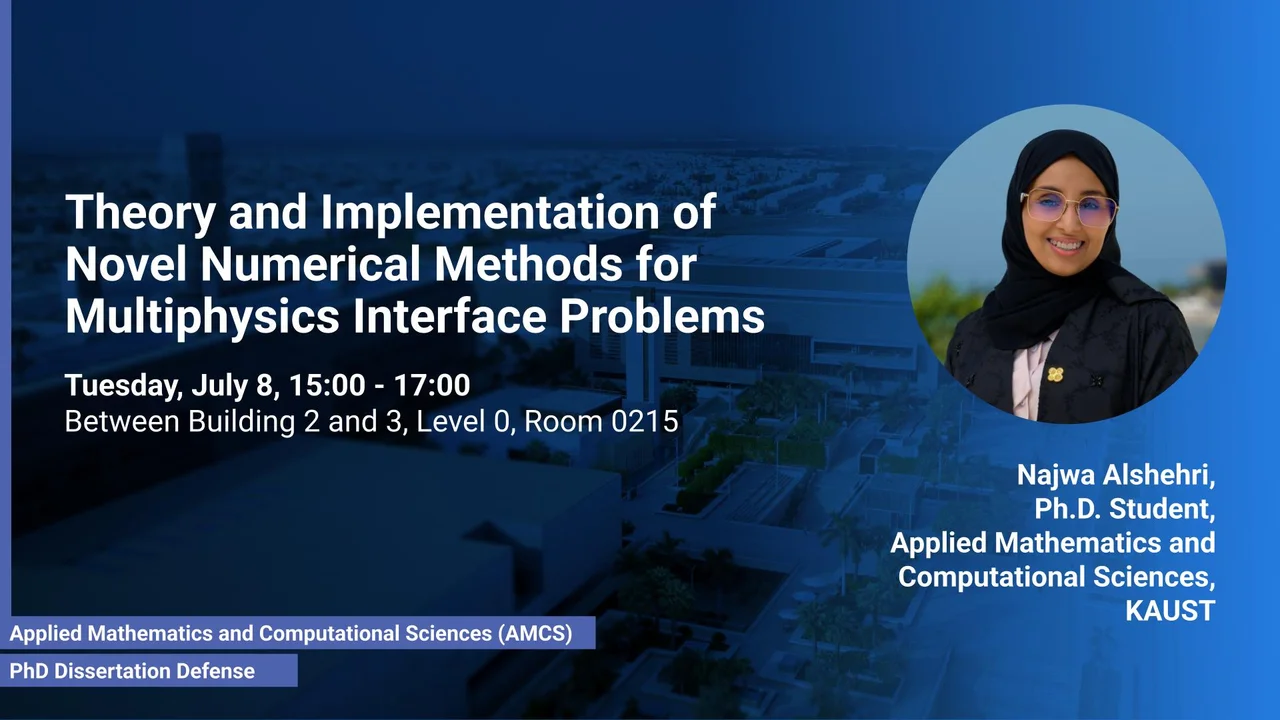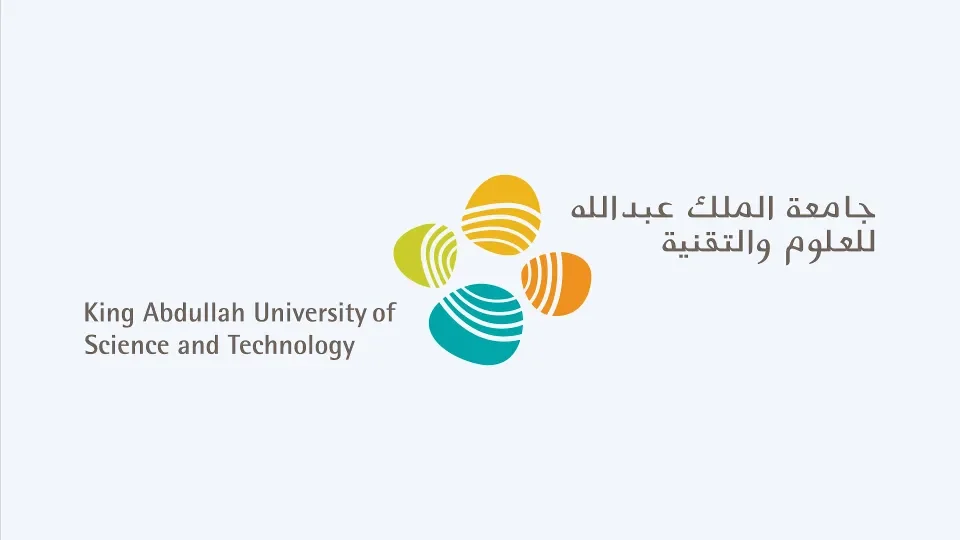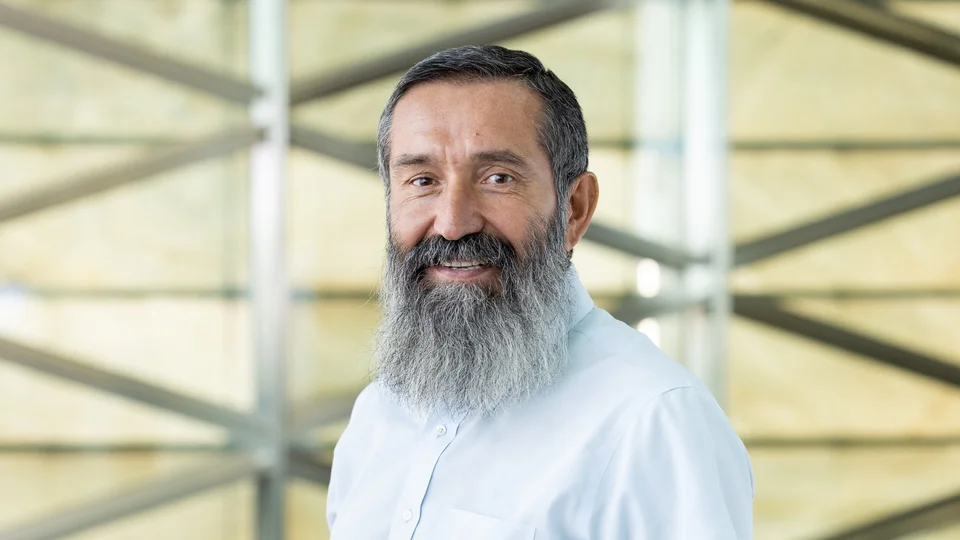
Theory and Implementation of Novel Numerical Methods for Multiphysics Interface Problems
B2/B3 L0 R0215
This thesis develops and analyzes Finite Element Methods (FEM) for multiphysics interface problems using the Fictitious Domain with Distributed Lagrange Multiplier (FD-DLM) framework. It introduces new families of stable mixed methods with discontinuous Lagrange multiplier spaces, studies both a priori and a posteriori error estimates, and designs multigrid preconditioners. Theoretical results are supported by numerical experiments.
Overview
This dissertation investigates the development and analysis of Finite Element Methods (FEM) for elliptic and Stokes interface problems. The relevance of our investigations is best seen within the framework of Fluid-Structure Interaction (FSI) problems. These problems are characterized by discontinuities in material properties and interfaces, which present significant challenges at both the continuous and discrete levels. To address these difficulties, we adopt the Fictitious Domain with Distributed Lagrange Multiplier (FD-DLM) formulation, which enables the weak enforcement of coupling conditions across independently meshed sub-domains.
We propose appropriate mixed FEM with discontinuous Lagrange multiplier spaces and analyze their stability and approximation properties. For scalar Elliptic Interface Problem in the Fictitious Domain Formulation with Distributed Lagrange Multiplier (EIP-FDDLM), two novel methods using piecewise constant multiplier spaces are introduced. Their stability and unique solvability are rigorously established, and numerical experiments confirm optimal convergence rates consistent with the theoretical regularity of the solutions.
We then develop residual-based a posteriori error estimators for the EIP-FDDLM. We prove both the reliability and efficiency of the estimator, showing that it provides a global upper bound and a local lower bound of the exact error. Numerical experiments confirm these properties and further reveal the robustness of the estimator with respect to coefficient jumps. The proposed estimator also drives adaptive mesh refinement strategies that successfully recover optimal convergence rates, even in the presence of geometric or solution singularities.
In addition, we design and study efficient solvers and multigrid preconditioners for the coupled saddle-point systems arising in the FD-DLM formulation. Numerical results indicate that multigrid preconditioning is a promising technique for these systems, offering good scalability and performance under mesh refinement.
Finally, we extend our methods beyond scalar elliptic problems to vector-valued formulations, such as the Stokes-Stokes Interface Problem in the Fictitious Domain Formulation with Distributed Lagrange Multiplier (SSIP-FDDLM) and Stokes-Elliptic Interface Problem in the Fictitious Domain Formulation with Distributed Lagrange Multiplier (SEIP-FDDLM). We propose two general families of stable finite element discretizations and provide theoretical proofs for well- posedness. Both a priori and a posteriori error estimates are derived. Numerical experiments confirm optimal convergence and demonstrate the robustness of the methods under refinement and strong singularities.
Presenters
Brief Biography
Najwa Alshehri is a dedicated Saudi researcher with a strong background in numerical analysis. Her academic journey began with a Bachelor of Mathematics from King Faisal University, where she graduated with honors. Supported by the prestigious King Abdullah Scholarship Program (KASP), she pursued her Master's in Applied and Computational Mathematics at Old Dominion University, USA, followed by a graduate certificate in modeling and simulation.
Najwa is a PhD candidate in Applied Mathematics and Computational Sciences at King Abdullah University of Science and Technology (KAUST), supervised by Professor Daniele Boffi. Najwa received a full governmental scholarship from the Royal Commission of Jubail and Yanbu. She also received the CEMSE Dean's List award for exceptional academic achievements and dedication to research work at KAUST. Alongside her studies, she is serving as president of the SIAM Student Chapter at KAUST.

